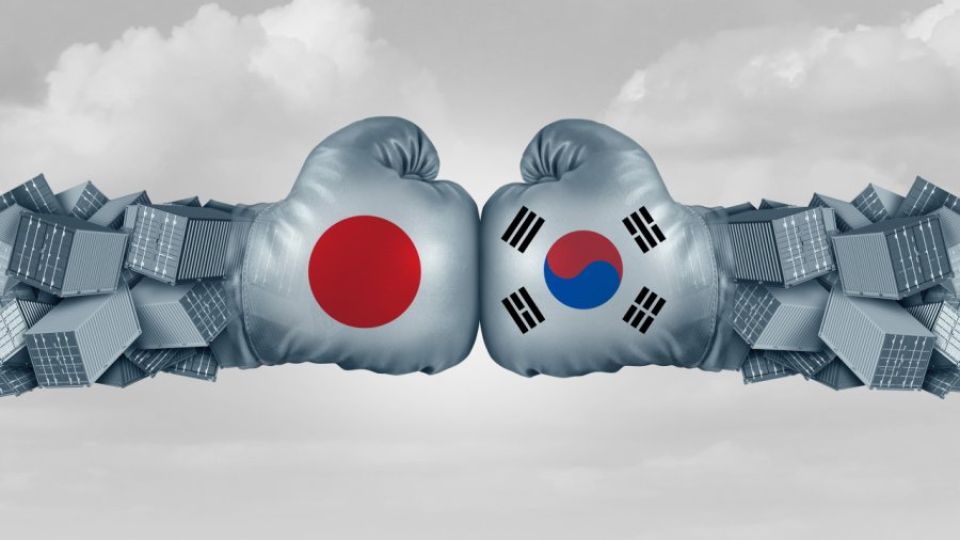March 10, 2023
SEOUL – The Yoon Suk Yeol administration will resume regular military intelligence sharing with Japan depending on how a recent thaw in ties unfolds, a senior official at Yoon’s office said Thursday, ahead of a two-day summit starting Thursday next week between Yoon and his Japanese counterpart.
The South Korean leader is seeking to use the opportunity to make stronger three-way ties with Japan and the US to fend off North Korea’s nuclear threats. But the General Security of Military Information Agreement (GSOMIA) — a military intelligence sharing pact with Japan — has not been fully up and running since 2019 because of stalled Seoul-Tokyo talks over compensating Koreans forced to work for Japanese companies during Japan’s 1910-45 colonial rule of the peninsula.
A settlement Seoul rolled out Monday attempts closure on the issue by compensating the victims with Korean company funds. The Japanese firms held liable for damages by Korea’s 2018 Supreme Court decision would potentially pay into a separate scholarship fund for Koreans. Tokyo has refused to recognize the ruling.
The deal is for the “good of both countries” according to Yoon, who had supported a quick resolution to remove hurdles hampering Japan’s bigger contribution to the US-led three-way coalition, which aims to dismantle North Korea’s nuclear and missile programs. Pyongyang still defies international sanctions, having fired off a record number of missiles last year.
“What to do with GSOMIA depends on how our ties really pan out (over time),” the senior official at Yoon’s office said, without elaborating whether a commitment was officially made to resume it. Citing unnamed sources, Japan’s Yomiuri Shimbun said Thursday that Seoul would reach that decision once Tokyo drops curbs on exporting high-tech materials to Korea.
The ban was enforced to protest the 2018 ruling, though Japan denies it. Details like when Tokyo would ease it and whether the two leaders would discuss it face-to-face next week have not been made public.
For Yoon, the March meeting marks the start of back-to-back summits. In April, Yoon will meet with US President Joe Biden in Washington, and in May, a three-way gathering including Japanese Prime Minister Fumio Kishida will be held on the sidelines of a Group of Seven meeting in Hiroshima, Japan.
The Yoon government is particularly counting on the April summit with Biden to rally support for an administration that has clearly demonstrated its foreign policy goals are much aligned with those of the US — from containing North Korea to putting checks on China. But unlike Washington, Seoul routinely claims its moves are not meant to corner Beijing, its biggest trading partner who has a history of retaliation.


